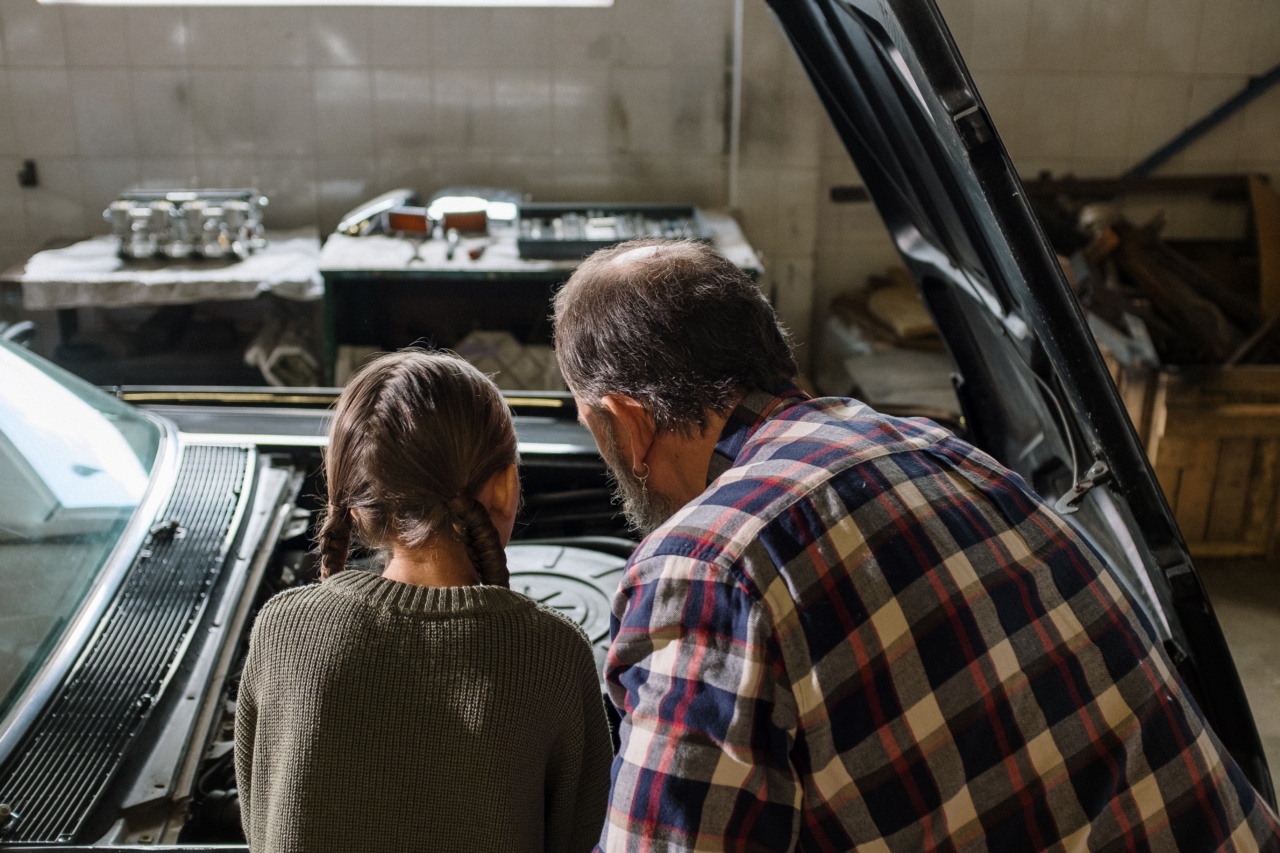Allergies can be a significant concern for parents, as they can affect their child’s overall health and well-being.
It’s essential to take proactive measures to keep your child safe from allergies and minimize their impact on their daily lives. This article aims to provide valuable insights and practical tips on how to safeguard your child from allergies, enabling them to lead a healthy and happy life.
Understanding Allergies:
Before diving into the various preventive measures, it’s crucial to have a basic understanding of allergies. Allergies occur when the immune system reacts to substances that are usually harmless, such as pollen, pet dander, or certain foods.
These substances, called allergens, trigger an allergic response, leading to various symptoms such as sneezing, itching, watery eyes, and even more severe reactions like anaphylaxis in some cases.
Know Your Child’s Allergens:
The first step in preventing allergies is to identify the specific allergens that affect your child.
Common allergens include pollen, dust mites, mold spores, pet dander, certain foods (such as peanuts, shellfish, or dairy), insect stings, and medications. Consult with your child’s pediatrician or an allergist to undergo allergy testing to determine the exact allergens that trigger a reaction in your child.
Create a Safe and Allergen-Free Home Environment:
Ensuring a clean and allergen-free home is vital in minimizing your child’s exposure to triggers. Implement the following steps to create a safe environment:.
1. Regular House Cleaning:
Regularly clean your home to eliminate dust, pet dander, and other allergens. Vacuum carpets and rugs with a HEPA filter vacuum cleaner, dust surfaces with a damp cloth, and wash bedding frequently in hot water.
2. Control Humidity Levels:
Keep humidity levels in your home below 50% to prevent the growth of mold and dust mites. Use dehumidifiers in damp areas such as the basement and bathroom, and fix any leaks promptly.
3. Encase Bedding and Pillows:
Invest in allergen-proof covers for your child’s mattress, pillows, and bedding. These covers act as a barrier, preventing dust mites from accumulating and triggering allergies.
4. Remove Potential Allergy Triggers:
If your child is allergic to pet dander, it may be necessary to find a new home for your furry friend. If that’s not an option, ensure your child’s bedroom remains a pet-free zone, and bathe your pet regularly to reduce dander.
5. Avoid Smoking Indoors:
Avoid smoking inside your home, as secondhand smoke can worsen allergies and respiratory conditions. It’s best to quit smoking altogether for the overall well-being of your family.
6. Opt for Allergen-Reduced Flooring:
Consider replacing carpets with hardwood, laminate, or tile flooring, as these are easier to clean and less likely to harbor allergens.
Promoting Allergy-Safe Practices Outside the Home:
While creating an allergen-free home environment is crucial, it’s equally important to teach your child how to manage allergies outside the home. Here are some practical tips:.
1. Teach Allergy Awareness:
Ensure your child understands their specific allergies, what they need to avoid, and how to recognize potential triggers. Teach them to read food labels carefully and be cautious when trying new foods or visiting unfamiliar places.
2. Provide Medication and Emergency Action Plans:
If your child has severe allergies, make sure they always carry their prescribed medication, such as antihistamines or epinephrine auto-injectors, like EpiPens.
Additionally, work with their doctor to create an emergency action plan that outlines steps to take in case of an allergic reaction.
3. Communicate with School and Caregivers:
If your child attends school or daycare, ensure that the staff is aware of their allergies and understands any necessary precautions.
Provide them with the necessary medication, and regularly communicate with them about any updates or changes in your child’s condition.
4. Be Prepared for Outdoor Activities:
If your child enjoys outdoor activities, consider checking pollen counts regularly and encouraging them to take preventive measures, such as wearing sunglasses to shield their eyes, using a hat to cover their head, and applying allergen-friendly sunscreen.
Teaching Good Hygiene Habits:
Good hygiene practices can significantly reduce the risk of allergies and prevent the spread of germs. Teach your child the following hygiene habits:.
1. Regular Handwashing:
Encourage your child to wash their hands frequently, especially before meals, after playing outside, and after touching animals. Proper handwashing with soap and water helps eliminate allergens and prevents the spread of germs.
2. Showering after Outdoor Activities:
After spending time outdoors, especially during allergy seasons, ensure your child showers and changes into clean clothes to remove any allergens clinging to their body or clothes.
3. Avoid Sharing Personal Items:
Counsel your child about the importance of not sharing personal items, such as towels, hairbrushes, or utensils, as this can spread allergens or potential irritants.
Regular Medical Check-ups:
It’s vital to schedule regular medical check-ups for your child, especially if they have allergies.
These check-ups allow the doctor to monitor their condition, make any necessary adjustments to their treatment plan, and address any concerns or questions you may have. Routine check-ups play a crucial role in keeping your child healthy and safe from allergies.
Educate and Empower Your Child:
Lastly, it’s crucial to educate and empower your child about their allergies. Teach them about their specific allergies, how to identify triggers, and what steps they need to take to manage their allergies effectively.
Encourage them to speak up and ask questions, ensuring they feel confident and capable of keeping themselves safe.
Conclusion:
Allergies can be a significant challenge, but with proper understanding and prevention, you can ensure your child’s safety and well-being.
By creating an allergen-free home environment, promoting allergy-safe practices outside the home, teaching good hygiene habits, scheduling regular medical check-ups, and empowering your child, you can effectively keep your child safe from allergies and enable them to enjoy life to the fullest.






























